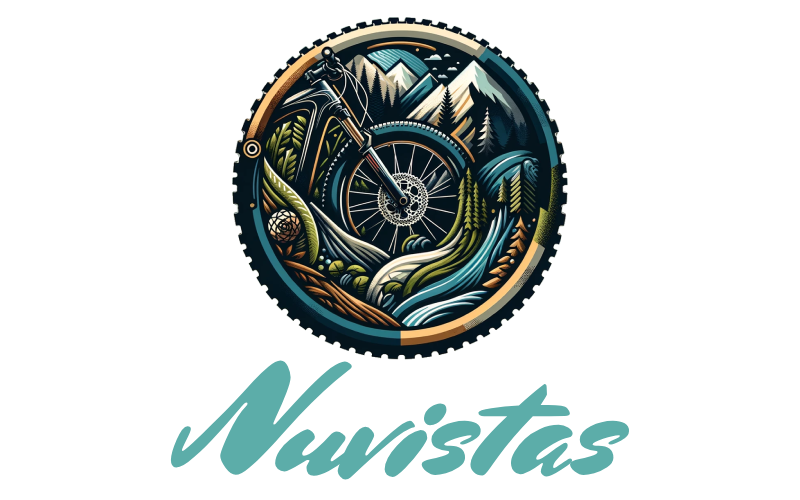In an age where environmental concerns are more pressing than ever, conservation volunteering emerges as a beacon of hope, offering a path for individuals to make a tangible impact while exploring the world. This unique blend of travel and altruism allows volunteers to immerse themselves in new cultures and environments, all while contributing to vital conservation efforts. From maintaining trails in national parks to participating in wildlife conservation projects and habitat restoration, conservation volunteering offers a plethora of opportunities for those looking to combine their wanderlust with their desire to contribute to the planet’s well-being. This article delves into the heart of conservation volunteering, highlighting the types of projects available, the benefits of participating, and how to get involved in these life-changing endeavors.
Conservation volunteering projects span a wide range of activities, each tailored to address specific environmental issues. Trail maintenance in protected areas, for example, is crucial for preserving natural habitats and ensuring safe access for visitors, thereby fostering a deeper appreciation for the natural world. Wildlife conservation projects offer volunteers the chance to work directly with animals, whether it’s monitoring species populations, rehabilitating injured wildlife, or protecting endangered species from poachers. Habitat restoration projects focus on reviving ecosystems that have been degraded by human activity, such as reforesting areas, removing invasive species, or restoring natural waterways. These projects not only help restore biodiversity but also combat the effects of climate change by improving carbon sequestration and protecting against natural disasters.
The benefits of conservation volunteering extend far beyond the environmental impact. For volunteers, these experiences offer a profound personal and professional growth opportunity. Immersing oneself in conservation work fosters a deeper connection with nature, enhancing one’s understanding of environmental issues and the importance of sustainable living. It also cultivates a sense of global citizenship and responsibility, as volunteers witness firsthand the interconnectedness of ecosystems and societies. Additionally, conservation volunteering can provide valuable skills and experiences that enhance resumes, from teamwork and problem-solving to specific technical skills related to conservation work.
For those eager to embark on a conservation volunteering journey, the first step is identifying a project or organization that aligns with their interests and values. Numerous non-profit organizations, environmental agencies, and community groups worldwide offer volunteering opportunities. It’s crucial to research these organizations thoroughly to ensure their conservation efforts are ethical, effective, and have a positive impact on the local community and environment. Potential volunteers should consider the location, duration, and physical demands of the project, as well as any required skills or qualifications.
Once a suitable project is identified, preparation is key. This might involve physical conditioning, fundraising for travel and project expenses, or acquiring specific knowledge or skills related to the project. Volunteers should also prepare for the cultural and environmental context of the project, understanding the local customs, language, and conservation challenges. This not only enhances the volunteering experience but also ensures that volunteers can contribute effectively and respectfully.
In conclusion, conservation volunteering offers a unique and powerful way to travel with purpose, allowing individuals to contribute to vital environmental efforts while experiencing the beauty and diversity of our planet. These volunteer opportunities not only work towards preserving the earth’s precious ecosystems and species but also inspire a generation of informed, committed, and passionate conservation advocates. By taking part in conservation volunteering, individuals not only leave a positive mark on the destinations they visit but also carry forward the lessons and experiences that shape their perspectives and actions long after their return. Whether it’s through maintaining trails, rehabilitating wildlife, or restoring habitats, each volunteer plays a crucial role in the global effort to protect and preserve our natural world for future generations.
